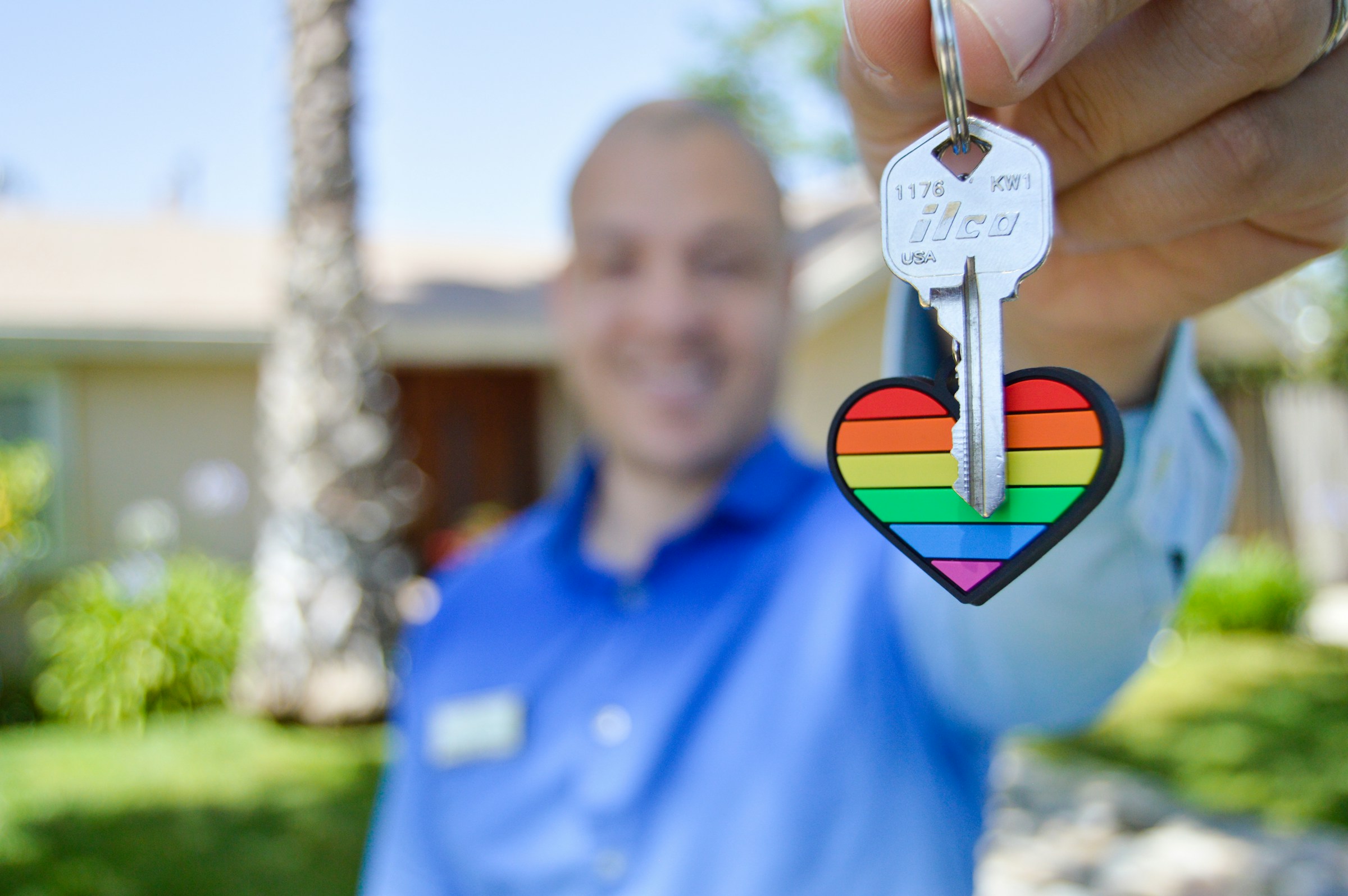Today, smart home technology is more than just a convenience feature—it’s becoming an essential part of new homes. The latest architectural designs are incorporating smart devices into their blueprints, creating residences that are more efficient, secure, and comfortable. This article will explore the latest trends in smart home technology adoption in UK new build homes.
The Growing Smart Home Devices Market
The smart home devices market is witnessing an unprecedented boom. As technology continues to evolve at a rapid pace, more and more homeowners are embracing the convenience and functionality of smart home devices. According to a recent consumer survey, a significant number of respondents have expressed interest in integrating such technology into their homes.
Lire également : How can property owners in London’s Zone 1 maximize their rental income through short-term leasing?
In the past few years, the number of smart devices available has grown exponentially. From smart thermostats controlling room temperatures to intelligent security systems, this expanding market is making homes smarter and lives easier. Gone are the days when people had to worry about leaving the lights on or forgetting to lock the doors. With smart devices, these tasks can now be controlled remotely, offering unparalleled access and control.
Adoption of Smart Security Devices
One of the key variables in the adoption of smart home technology is security. As per the latest trends, consumers are showing high interest in devices that enhance the safety and security of their homes. Security cameras, smart doorbells, and advanced alarm systems are now becoming common in new build homes in the UK.
A lire également : How can developers obtain grants for restoring derelict buildings in Wales?
These devices not only provide a high level of security but also offer peace of mind to homeowners. For instance, smart security cameras allow homeowners to monitor their property from anywhere in the world using their smartphone. This level of control and access is appealing to many consumers, leading to a surge in the adoption of smart security devices.
The Role of Smart Appliances
From smart fridges that can tell you when you’re out of milk, to intelligent ovens that can perfectly cook your meal, smart appliances are revolutionizing the way we live our lives. These products are not just convenient; they also help to reduce energy consumption, making them an attractive option for environmentally conscious homeowners.
A key trend in the UK’s new build homes is the integration of smart appliances into kitchen designs. Homes are being built with these appliances in mind, with special spaces for intelligent fridges, stoves, and washing machines. This kind of adoption is not just about luxury, but also about efficiency and sustainability.
The Importance of Sensors
Sensors play a crucial role in smart home technology. From motion sensors that control lighting to moisture sensors that can detect leaks, these devices are becoming increasingly important in new build homes. Much like the other smart home devices, sensors offer increased control and efficiency.
Sensors allow for a more reactive and adaptable home. For example, light sensors can adjust the brightness of a room based on the time of day, and temperature sensors can autonomously manage heating systems. This level of control and automation is one of the significant factors driving the adoption of smart home technology.
How Will the Adoption of Smart Home Devices Develop?
As we look to the future, it’s clear that the adoption of smart home devices is set to continue its upward trend. Advances in technology, coupled with an increased focus on security, efficiency, and comfort, suggests that smart homes will become the norm rather than the exception.
One area where we could see significant development is in the integration of smart home devices. Currently, many of these devices operate independently, but the real potential lies in their ability to communicate and work together. A fully integrated smart home system that can adapt and respond to various conditions and situations could revolutionize the way we live.
In the end, the adoption of smart home technology in UK new build homes is influenced by numerous factors including consumer demand, technological advancements, and the focus on home security and energy efficiency. As these trends continue to evolve, we can expect to see even greater adoption of smart home devices in the years to come.
The Emergence of Smart Thermostats and Smart Locks
Smart thermostats and smart locks are two of the prolific developments within the smart home device spectrum. Both have become integral to modern living, introducing a new level of comfort and security within homes.
Smart thermostats are a popular choice for many UK homeowners. These devices score high on the home automation scale, allowing users to control temperature settings remotely, thereby enhancing comfort and reducing energy consumption. As the demand for energy-efficient solutions rises, so too does the adoption rate of smart thermostats. The device’s ability to learn user preferences over time, adapting accordingly to maintain optimal temperatures, makes it an appealing part of the automated home ecosystem.
On the other hand, smart locks provide an advanced layer of security, proving particularly popular amongst those looking to enhance home safety. These devices provide keyless entry, remote monitoring, and the ability to grant temporary access to guests. With a rise in the number of working professionals opting for remote working, the demand for smart locks is increasing, offering homeowners the freedom to control access to their homes efficiently, even when they are not around.
Key companies in the smart home market are expanding their product lines to include smart thermostats and locks, indicating a substantial uptick in the market size for these devices. It also points to a trend of comprehensive home automation solutions becoming a standard feature in new build homes.
The Influence of Home Appliances and Remote Monitoring
Home appliances with smart capabilities are also gaining traction in new UK homes. From smart fridges maintaining grocery lists to washing machines that can be operated remotely, these appliances are gaining widespread adoption. The convenience they provide, coupled with their energy efficiency and potential cost savings, makes them an increasingly popular choice amongst homeowners.
Take smart vacuum cleaners, for example. These devices can be programmed to clean specific areas at designated times, making them a significant time-saver. They also feature remote monitoring, a growing trend in smart home technology. This allows homeowners to supervise and control the operation of the device even when they’re away from home.
Companies are also leveraging home healthcare technology, with devices like smart health monitors and emergency response systems gaining traction. These devices, which allow remote monitoring of health parameters and swift medical response, are particularly appealing to the elderly population, hence influencing the market share.
Conclusion
The smart home market in the UK is evolving rapidly, with the adoption of smart devices becoming commonplace in new build homes. The desire for enhanced comfort, security, and efficiency, along with advances in technology, is driving this trend. The market’s growth is further fuelled by key companies expanding their product lines to cater to varied consumer needs.
From smart thermostats and locks to intelligent appliances and remote monitoring devices, smart home technology is redefining the way we perceive and interact with our homes. As smart homes continue to become smarter, we can expect a more seamless, efficient and secure living experience.
While the trend is gaining momentum in the UK, it’s also being replicated globally, with regions like Asia Pacific witnessing similar growth patterns. As this wave of technological advancement continues, the smart home revolution is set to shape our homes and lives for the better. Consequently, the future of homebuilding in the UK and beyond promises to be exciting, smart, and exceedingly efficient.






